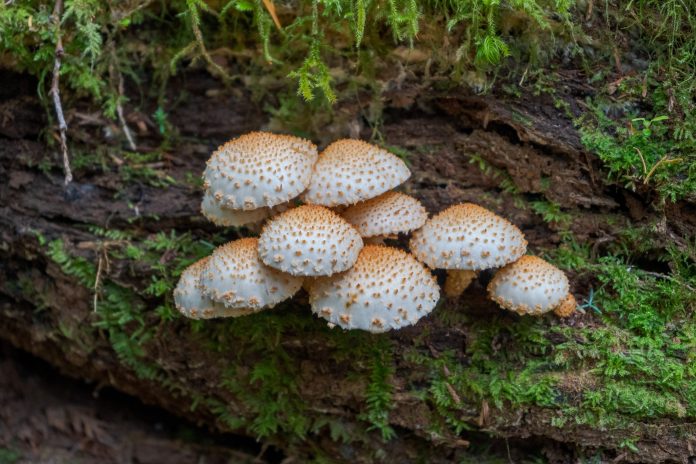A new psilocybin study published in the Chinese Medical Journal has shown evidence on how it can treat fear-based disorders such as post-traumatic stress disorder.
As psilocybin continues to be researched for a variety of illnesses showing positive results, how it actually works remains a bit of a mystery for scientists.
Previous research has shown positive results in helping to treat depression, end of life anxiety and post-traumatic stress disorder.
Post-traumatic stress disorder commonly involves flashbacks, nightmares, and anxiety. Studies have shown that sufferers of PTSD have a smaller hippocampus than healthy people. There is also evidence that neuroplasticity is reduced.
Psilocybin has been shown to promote neural growth and the formation of new synapses.
Researchers in China from Beijing Key Laboratory of Neuropsychopharmacology therefore, aimed to examine whether psilocybin could help with PTSD.
In the study, the researchers used mice and sound-based fear conditioning. It was found that the mice who were given psilocybin in the study exhibited significantly less fear extinction compared to those untreated.
After, the mice brains were dissected. For those mice treated with psilocybin, they found that the hippocampi were similar to the mice who were in the control group in that they had dendrites (tree like structures in the brain cells that receive signals).
Untreated mice were shown to have a sharp decline in dendritic complexity and density. The mice treated with psilocybin in the study also had reversed the decline in neuroplasticity.
The results of the study suggest that “psilocybin may be a useful adjunct to exposure-based therapies for PTSD and other mental disorders characterized by failure of fear extinction” according to the researchers.


